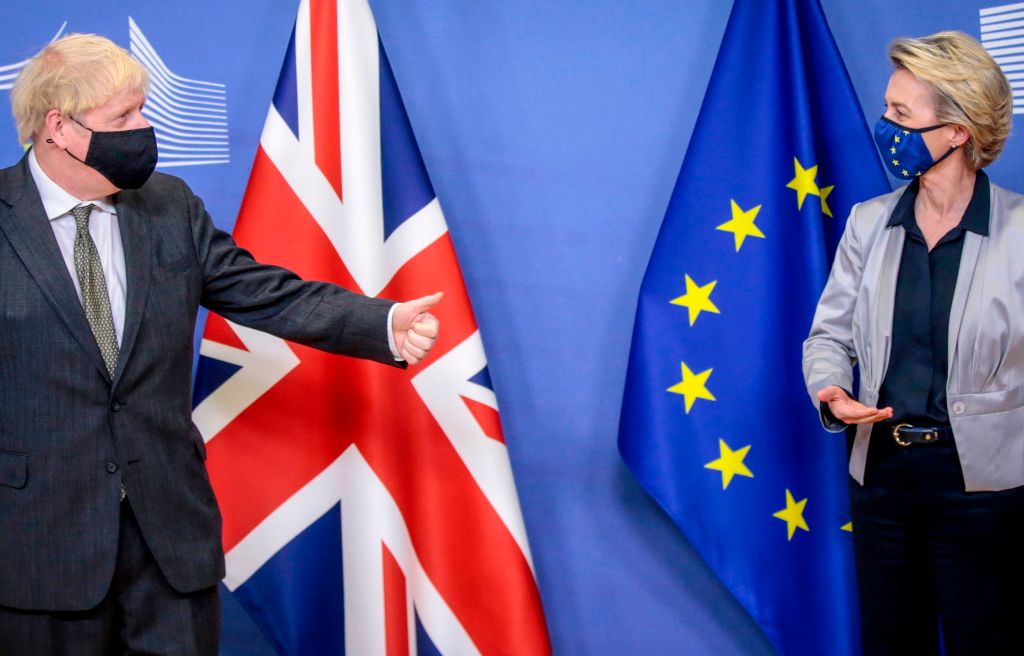This is a crucial year for the UK’s two most important relationships, I say in the magazine this week. If the Johnson/Biden diplomatic relationship has got off to a better start than expected, the same cannot be said of the post-Brexit UK/EU one.
The alignment between Johnson and Biden on climate change, Russia and China is helping the alliance. This relationship should become closer still given the two side’s agreement on China, the most important geo-political issue of the decade.
The EU will attempt, often in not particularly edifying ways, to assert itself as the bigger partner.
Earlier this month, Kurt Campbell — who will hold the pen on Asia policy in the Biden White House — wrote an essay in Foreign Affairs detailing ways in which the US should work with other Asian countries to check ‘Chinese adventurism’.
Crucially, it highlights the importance of cooperation with India, a point also made by the new Secretary of State, Antony Blinken, at his confirmation hearing. Some Democrats had been wary of working with India, given Narendra Modi’s Hindu nationalist tendencies. But the Biden administration appears to be taking a more pragmatic stance. This approach simplifies things for the UK, which is keen to build on its own relationship with New Delhi.
Campbell endorses the idea of the D10, a combination of the G7 and India, Australia and South Korea who Johnson has invited to this year’s meeting, in his essay, and also proposes two other alliances to help balance China’s rise.
First, an expansion of the ‘Quad’, which organises military cooperation between the US, Japan, Australia and India.
Second, a grouping based on human rights, bringing together the 24 countries that have condemned Beijing’s treatment of the Uyghur Muslims and its curtailment of Hong Kong’s freedoms. I understand that the UK would expect to join both of these alliances.
The first month of the post-Brexit UK/EU relationship has been defined by rows over the status of the EU’s ambassador and vaccines. There will be plenty more rows with the EU in the next few years, as the two sides settle down into a new relationship. The EU will attempt, often in not particularly edifying ways, to assert itself as the bigger partner.
Without doubt, a significant part of the future UK-EU relationship will be competitive. But this element of the relationship should not prevent Britain and the EU from remembering that we are, foremost, allies — both with each other, and in an American-led western alliance.







Comments